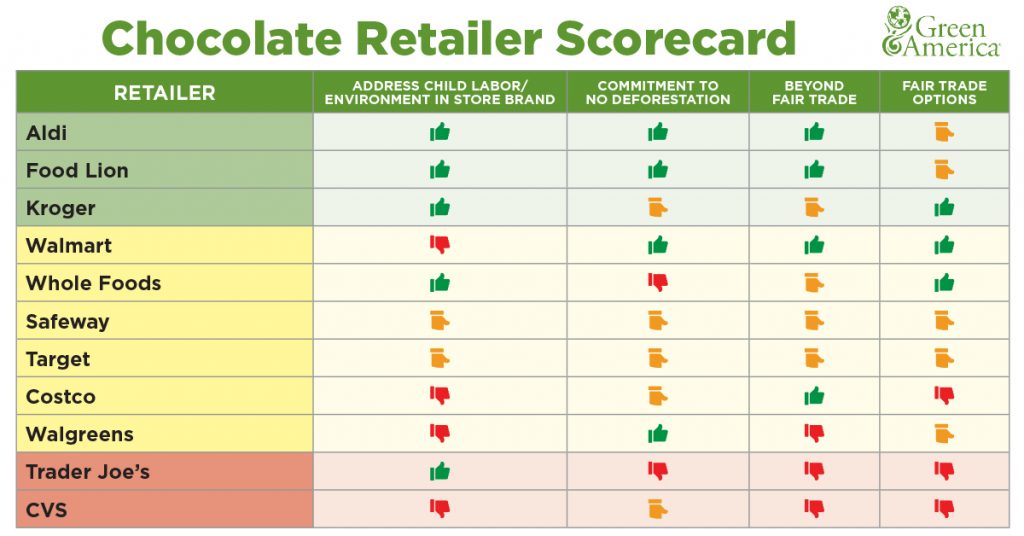Valentine’s Day is quickly approaching (don’t worry, this serves as a heads up if you had forgotten). The shelves of your favorite stores will be filled with teddy bears, flowers, and chocolates in every size and shape imaginable if they aren’t already. What goes into the creamy chocolates we give our friends (or the box you keep for yourself in the pantry)? While sugar and cocoa beans are essential ingredients, the hours under-age children spend daily working to harvest cocoa beans are involuntary and unacceptable.
According to the United Nations International Children’s Emergency Fund (UNICEF), an estimated 168 million children between the ages of 5 and 17 are forced into child labor. Surviving under the strain of poverty, adult unemployment, migration, or prolonged periods of ‘exception’, girls and boys face long hours and continuous violence instead of school and community. The cocoa bean industry has specifically been criticized for its use of child labor.
The Washington Post reported that West Africa, where two-thirds of the world’s cocoa bean supply is cultivated, had over 2 million children involved in the nasty practice. While the chocolate industry has long been criticized for its labor practices (like Mars, Nestlé, Hershey, and Godiva were last year), general retailers have managed to avoid the spotlight. That is until Green America, a not-for-profit based in the United States, released its Retailer Chocolate Scorecard, analyzing eleven popular retailers: Aldi, Costco, CVS, Food Lion, Kroger, Safeway, Target, Trader Joe’s, Walgreens, Walmart, and Whole Foods. Green America releases a retailer scorecard every year, but the one below specifically sought“to highlight the role that grocery stores and pharmacies have in perpetuating child labor issues in cocoa”. Other investigated issues were retailers’ commitments to reducing deforestation and providing fair trade options.

Valentine’s Day is just around the corner. The 14th of February is a day of showing our affection and appreciation to our loved ones. Buying chocolate that was cultivated by employees treated with respect could have effects that exceed a simple gesture to that special someone and go on to impact the loved ones of strangers beyond our lives. Check out these chocolate brands, investigated by Green America, to invest in sustainable and fairer businesses. We need to demonstrate to companies that how their products are crafted is just as important to us as sustainability; to look to identify what more we can do. Children are forced into work through many pretenses, and we should not stop asking more of our businesses, organizations, and governments until the underlying problems of forced migration, extreme poverty, and access to education are addressed too.
 Food
Food Farmers
Farmers Sustainable Living
Sustainable Living Living Planet
Living Planet News
News